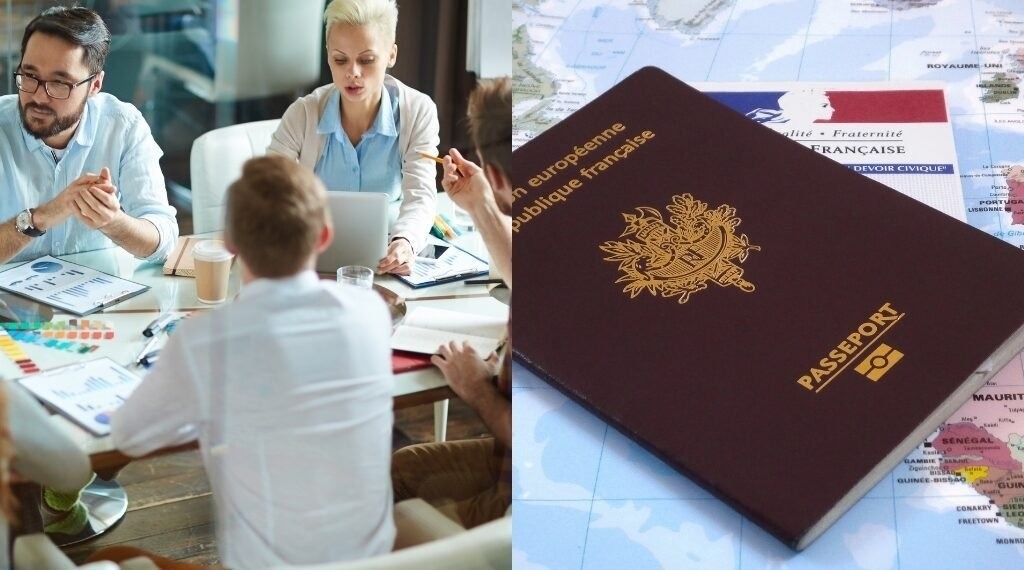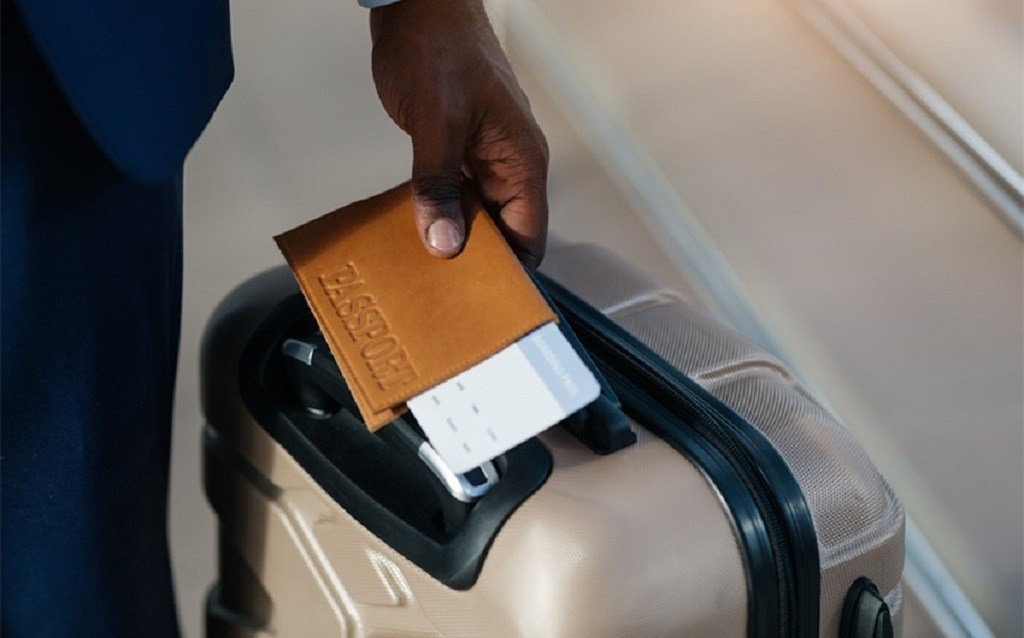You must receive a defensive foreign travel briefing at least once a year, with additional briefings required before specific travel events. However, the frequency depends on your security clearance level, job responsibilities, and travel patterns.
Understanding Defensive Foreign Travel Briefings
Defensive foreign travel briefings protect personnel with security clearances from foreign intelligence threats. These briefings educate travelers about potential risks, security protocols, and reporting requirements while abroad.
The Office of Security maintains the Foreign Travel Briefing Program for Department personnel and Key Stakeholders, identifying foreign travel pre-briefing and debriefing responsibilities. These programs ensure compliance with national security requirements.
Mandatory Briefing Frequency Requirements
The standard requirement is straightforward. Regular briefings are highly recommended, especially for individuals who travel frequently for work or other obligations. Therefore, annual briefings help keep individuals updated on changing global conditions and new safety protocols.
Additionally, you must receive briefings in these circumstances:
- Before your first foreign travel with a security clearance
- Prior to traveling to high-risk countries
- When your clearance level changes
- After extended periods without international travel
- When new security threats emerge in your destination
SEAD-3 Compliance and Travel Reporting
Security Executive Agent Directive 3 establishes comprehensive reporting requirements for cleared personnel. All cleared employees must submit foreign travel reports and receive any pre-travel briefings based on the threat level assessment.
Moreover, SEAD-3 requires organizations to track briefing completion dates. Consequently, failure to receive required briefings can result in travel restrictions or clearance issues.
Who Needs Defensive Travel Briefings
Several categories of personnel require regular defensive travel briefings:
- Federal employees with security clearances
- Military personnel traveling on official business
- Government contractors with facility clearances
- Diplomatic staff and their families
- Personnel with access to classified information
Furthermore, frequency requirements may vary based on your specific agency or organization policies.
Key Components of Travel Briefings
Defensive travel briefings typically cover essential security topics. These include threat awareness, communication protocols, and emergency procedures. Additionally, briefings address technology security, social engineering tactics, and cultural considerations.
The briefings also emphasize reporting requirements upon return. Travelers must understand when to report contacts, incidents, or suspicious activities encountered abroad.
Consequences of Missing Required Briefings
Organizations take briefing requirements seriously. Missing mandatory briefings can result in several consequences:
- Travel authorization delays or denials
- Security clearance reviews
- Administrative actions
- Professional development impacts
Therefore, maintaining current briefing status is crucial for career continuity and security compliance.
Best Practices for Travel Security
Beyond attending required briefings, consider these additional security measures. Research your destination’s current security situation before traveling. Moreover, maintain situational awareness throughout your trip.
Keep communication lines open with your security office. Additionally, follow all technology use restrictions and data protection protocols while abroad.
Conclusion
Defensive foreign travel briefing frequency requirements are clear and non-negotiable for cleared personnel. The minimum standard requires annual briefings, with additional sessions before high-risk travel or significant security changes. Compliance protects both individual travelers and national security interests. Therefore, staying current with briefing requirements ensures smooth travel authorization and maintains security clearance good standing.
Frequently Asked Questions
How often must I receive a defensive foreign travel briefing?
You must receive a defensive foreign travel briefing at least once annually, with additional briefings required before high-risk travel or when your security status changes.
What happens if I miss my annual travel briefing?
Missing required briefings can delay travel authorizations, trigger security reviews, and potentially impact your security clearance status.
Do briefing requirements vary by agency?
Yes, while annual briefings are standard, specific agencies may have additional requirements based on their mission and security protocols.
Can I receive briefings online or must they be in-person?
Many organizations offer both online and in-person briefing options, though high-risk destinations may require in-person sessions.
How long are defensive travel briefings valid?
Standard briefings are typically valid for one year, though specific travel authorizations may require updated briefings based on current threat assessments.




